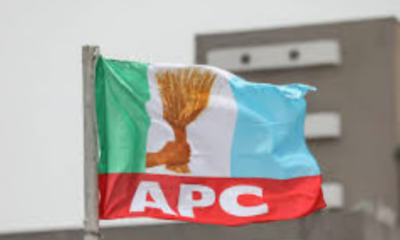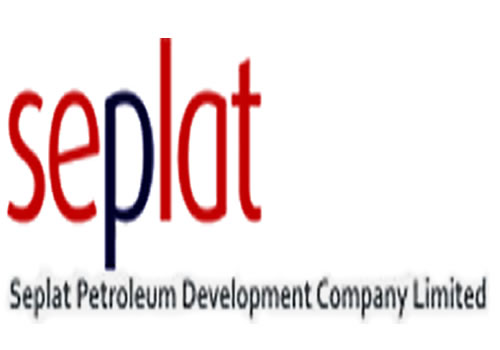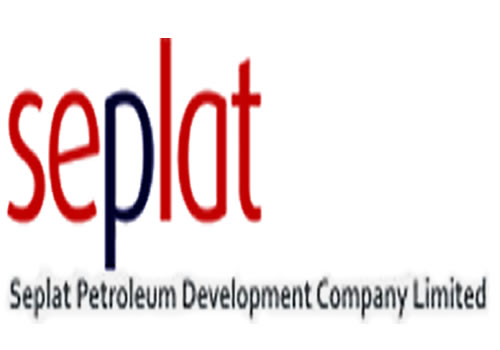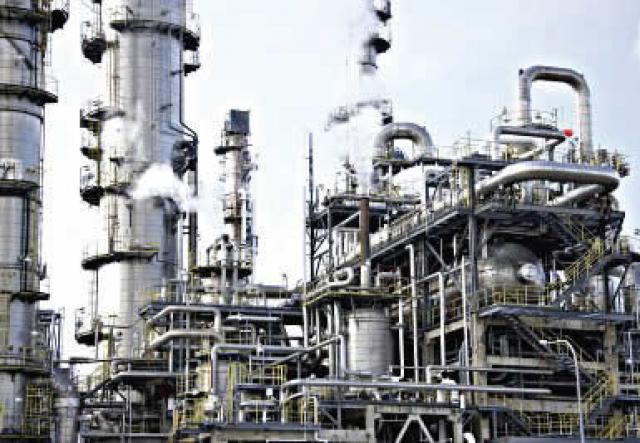By Chioma Obinagwam
Seplat Petroleum Development Company has said that the 88 per cent increase in its Net Debt for the Financial Year ended December 31, 2015 was derived from funds needed to finance most of its growth.
The Chief Executive Officer(CEO), Seplat, Mr. Austin Avuru stated this at the company’s facts behind the figures for its audited full-year 2015 results at the Nigerian Stock Exchange (NSE), Lagos.
A breakdown of the financial statement showed that the company’s Net Debt for the period under review increased from US$304 million in the 2014 financial year to US$573 million in the review period of 2015.
This translates to an increase of 88 per cent from N60.50 billion in the corresponding period of 2014 to N114.03 billion in the period under review, using the prevailing inter-bank exchange rate of N199.
Some of the projects financed by the debt, Avuru said, include the completed acquisition of 40 per cent and 22.5 per cent interest in OML 53 and 55 respectively from Chevron in February 2015; the commissioning of 150 MMscfd Oben Gas Plant in May of the same year; re-financing of pre-existing facilities, among other key projects.
Avuru said: “It includes the US$1 billion new debt financing completed in January 2015, refinancing the pre-existing facilities of US$628 million.”
ALSO SEE: Lagos now officially an oil producing state – Ambode
“There ain’t many companies that has access to the credit facility from global banks, but Seplat, along with its strong governance and listing structure was given,” Chief Finance Officer, Seplat, Roger Brown added.
Further probing of the audited statement revealed that Net Finance Cost increased by 92 per cent from US$37 million(N7.36 billion) in the corresponding year to US$71(N14.13 billion) in the review period.
Nevertheless, Capital Expenditure(Capex) incurred, declined by 53 per cent to US$152 million(N30.25 billion) from US$321 million(N63.88 billion).
The Seplat boss stated that the decline in Capex stemmed from the company’s adjustments to work programme in response to lower oil price environment.
“Company retains discretion and flexibility over expenditures,” he said.
“The Net Debt, Net Finance Costs and declining Capex are all part of our planning to stay where we are today,” he continued.
He also disclosed that although its Gross Revenue recorded a 26 per cent decline from the prior year’s US$775 million(N154.23billion) to US$570 million(N113.43 billion), it was quite marginal compared to the 50 per cent fall in the price of oil in the international market.
Avuru also added that the 26 per cent decline in its Gross Revenue was largely due to the sharp fall in global oil prices.

 Football2 days ago
Football2 days ago
 Business1 week ago
Business1 week ago
 Education1 week ago
Education1 week ago
 Covid-191 week ago
Covid-191 week ago
 Aviation4 days ago
Aviation4 days ago
 Latest6 days ago
Latest6 days ago
 Featured5 days ago
Featured5 days ago
 Aviation3 days ago
Aviation3 days ago



